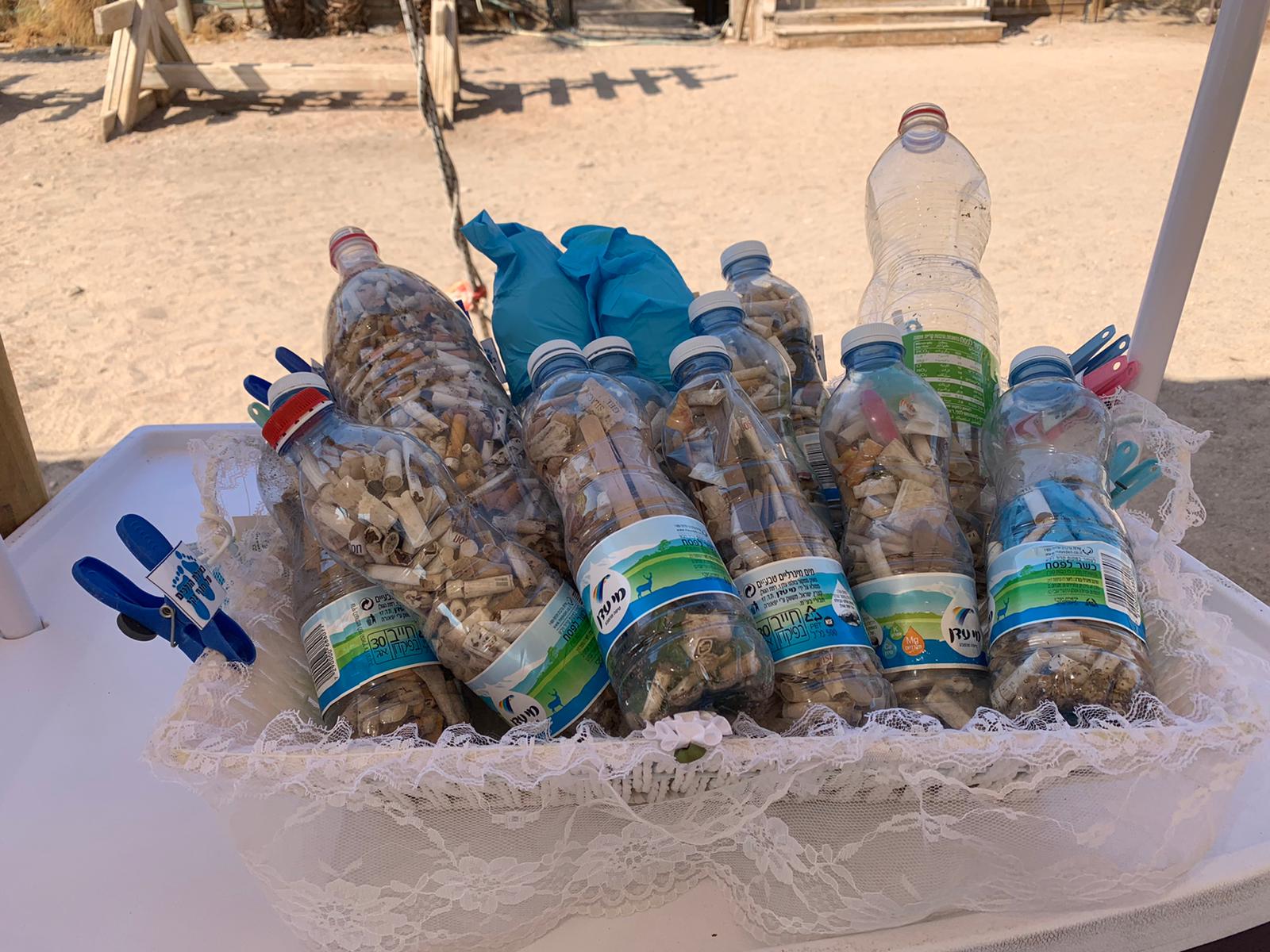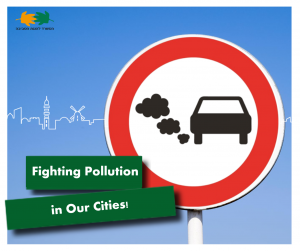Climate Action


Home » Climate Action » SDG 13 -Upgrading Environmental Protection
SDG 13 -Upgrading Environmental Protection
When it comes to effective sustainability, collaboration between Israel’s public, private and civil society sectors is fundamental to long-term success. This axiom is particularly clear when it comes to environmental protection, an area that has seen dramatic developments in the past month alone.
Positive Leadership by Government
Speaking recently to the 2020 Climate Ambition Summit in the UK, Prime Minister Netanyahu emphasized that “Israel is totally committed to a successful transition from fossil fuels to renewable energy by 2050” (an estimated 80% reduction over the next 30 years). Similarly, the International Energy Agency recently accepted the Energy Ministry’s request to join as a full member in recognition of the country’s commitment to tackling climate change and promoting renewable energies.
Of course, enforcement is key in the face of those who would stand in the way of advancing environmental protection goals. In this context, the Environmental Protection Ministry has imposed a financial sanction of NIS 3,218,950 on Noble Energy Mediterranean, recently acquired by Chevron, for four violations of the Leviathan gas platform’s air emissions permit.


Importance of Collaboration
While the actions taken by the Israeli government are encouraging, the need for further sustainable efforts remains a pressing issue.
In a recent report released by the Israel Oceanographic and Limnological Research Institute, “About 70 percent of the garbage floating off Israel’s Mediterranean coast and in the Red Sea off Eilat consists of remnants of plastic bags and plastic food packaging.”
Recognizing the ongoing plastics challenge, the Environmental Protection Ministry recently expanded the Deposit Law on beverage bottles. It also announced the funding of research to examine the sources of plastic waste on Mediterranean and Eilat beaches.
In addition to cooperation on the part of the public and the private sector, the vital role of civil society organizations is also highly recognized. In this context, the Environmental Protection Ministry announced it would provide them with NIS 5 million in total for activities including environmental education, reducing air pollution and environmental innovation.
The Sustainable Development Goals
SDG 13 calls to “take urgent action to combat climate change and its impacts.” This target covers a wide range of issues surrounding climate action, including: integrating climate change measures into policies and planning and promoting mechanisms to raise capacity for planning and management. Effective change and the achievement of environmental goals requires the involvement of all sectors across the board.
From government to the private sector and the public, the most pressing environmental issues are best solved when everybody gets on board. Recent developments indicate Israel’s recognition of this imperative.
Related articles


SDG 13 -Status Report: Environmental Protection – Part 1
Climate Action Read Part 2 A month ago we took a quick look at how Israel’s new government was shaping up when it comes to


SDG 13 -Cleaning up Israel’s Cities
Climate Action In a previous post we raised the question of whether Israel could successfully jump-start efforts to fight climate change while also combatting the


SDG 13 -Battle vs Climate Crisis Already Lost?
Climate Action In our previous post about the climate crisis we highlighted the UN Secretary General’s warning that humanity is moving toward “collective suicide.” Since


















